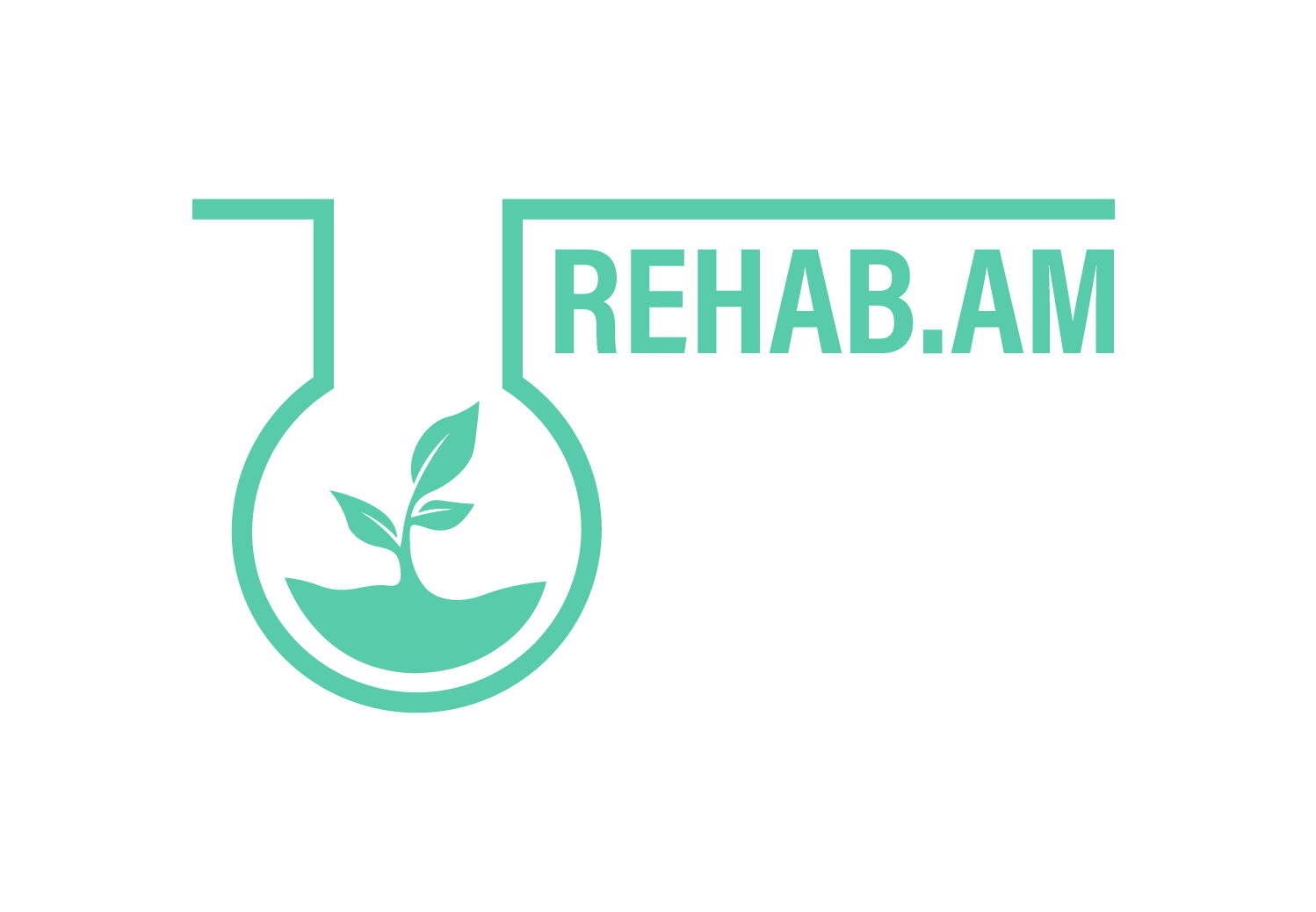
Treatment of Gambling Addiction
Gambling, also known as compulsive gambling, is a psychological disorder characterized by a pathological attachment to gambling activities. It is one of the most common forms of behavioral addiction, along with shopping addiction and codependent relationships. Individuals suffering from gambling addiction experience an intense urge to engage in gambling activities immediately in order to win. This urge is particularly strong when a compulsive gambler needs to recover from recent losses.
The obsession with gambling rapidly intensifies, leading to a severe and destructive addiction. Experts recognize several forms of gambling addiction, depending on the specific area in which the pathological attraction manifests itself:
Offline and Online Casinos, Slots
A dependent individual anticipates winning and derives pleasure from the expectation of positive outcomes during a gaming session. However, when a gambler experiences losses, temporary disorder ensues. The feeling of defeat quickly dissipates, replaced by a pathological desire to recoup losses and “get back in the black.” This form of gambling also encompasses currency exchange trading, trading in precious metals, and securities.
Betting (sports betting), lotteries
In pursuit of a substantial financial gain, individuals invest all their money.
Computer games (internet addiction)
This form of gambling is prevalent among young people. Engaging and immersive storylines, the presence of gaming elements, and the ability to interact informally with other players only enhance the appeal. Often, the most enticing gaming options require additional payments. All these forms of gambling are characterized by a strong desire to win and an increased motivation to continue playing, even in the face of potential losses and negative consequences. This represents a significant psychological disorder that necessitates attention and specialized assistance to overcome addiction.
